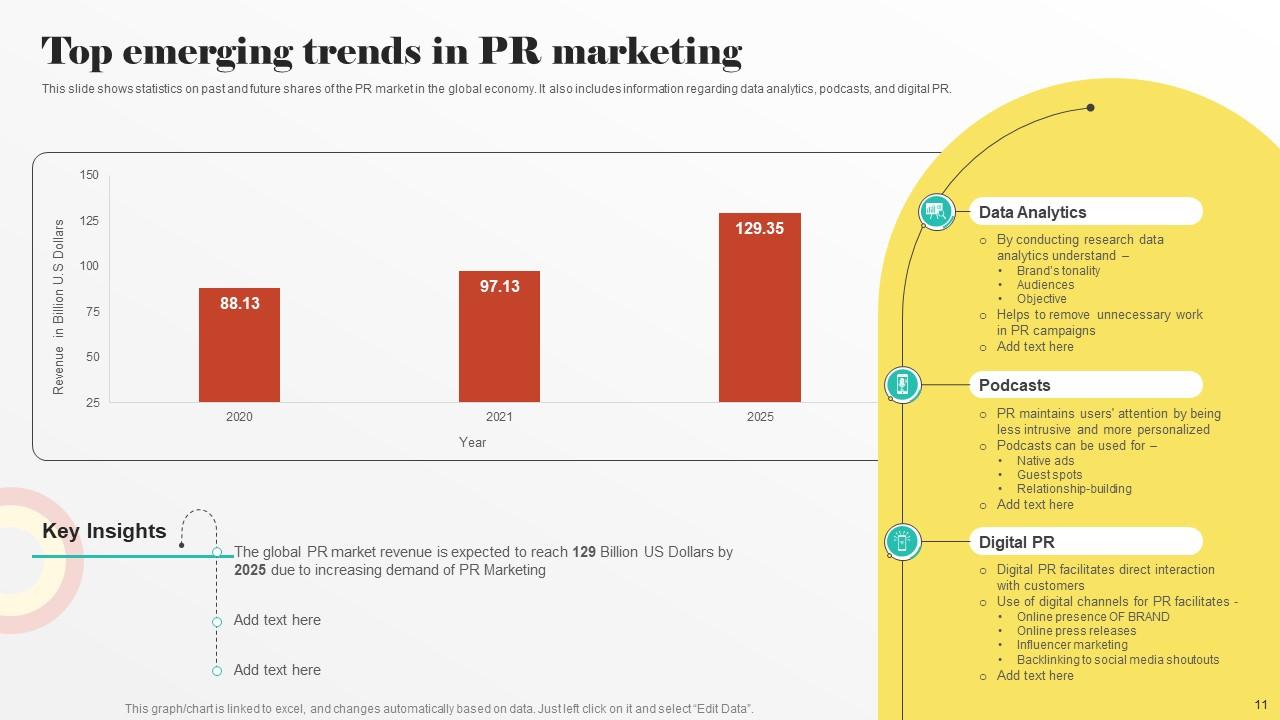How to Use Digital PR to Build Your Brand’s Online Reputation” is a vital exploration of how modern brands can leverage digital public relations to enhance their presence and credibility in the online world. In a digital landscape where first impressions are often formed through online interactions, understanding the nuances of digital PR can make all the difference. This approach not only shapes public perception but also fosters trust and loyalty among potential customers.
As we delve into the strategies and techniques behind successful digital PR, brands will discover how to effectively communicate their values, engage with audiences, and manage their reputations in an increasingly interconnected environment.
In the modern digital landscape, the rapid evolution of technology significantly influences various aspects of our lives. From communication and business operations to entertainment and education, technology has permeated nearly every facet of daily living. This article delves into the profound impact of technology on society, examining both its positive contributions and potential drawbacks.One of the most notable advancements in technology is the rise of the internet.
The internet has revolutionized how we connect with one another, breaking geographical barriers and enabling instant communication. Social media platforms, emails, and instant messaging applications have transformed the way we share information and maintain relationships. Individuals can now connect with friends, family, and colleagues across the globe in mere seconds, fostering a sense of global community. However, this connectivity also raises concerns about privacy and the accuracy of information shared online, highlighting the need for responsible digital citizenship.In the realm of business, technology has reshaped traditional practices, leading to increased efficiency and productivity.
Automation and artificial intelligence (AI) are at the forefront of this transformation. Many companies have implemented AI-driven systems to streamline operations, from customer service chatbots to advanced data analytics. These technologies not only reduce human error but also allow businesses to make informed decisions based on real-time data analysis. Nonetheless, the integration of AI raises ethical questions about job displacement and the future of work, as machines increasingly take over tasks previously performed by humans.Moreover, the impact of technology extends to the field of education.
Online learning platforms and digital resources have made education more accessible than ever before. Students can now access a wealth of knowledge from the comfort of their homes, regardless of geographical location. This has been particularly beneficial for individuals in remote areas who may not have access to quality educational institutions. Furthermore, technology facilitates personalized learning experiences, enabling educators to tailor their approaches to meet the diverse needs of their students.
However, the digital divide remains a pressing issue, as not all individuals have equal access to technology and the internet, potentially exacerbating existing inequalities.Entertainment has also undergone a significant transformation due to technological advancements. The rise of streaming services, such as Netflix and Spotify, has changed how we consume media. Viewers can now watch their favorite shows and listen to music on demand, eliminating the need for traditional cable subscriptions or physical media.

Virtual reality (VR) and augmented reality (AR) technologies have introduced new dimensions to gaming and entertainment, providing immersive experiences that were once unimaginable. However, the convenience of digital entertainment can lead to issues such as addiction and decreased physical activity, prompting discussions about the importance of balance in our consumption habits.Healthcare is another sector that has benefited immensely from technological innovations.
Telemedicine, wearable health devices, and electronic health records have transformed patient care and health management. Patients can now consult with healthcare providers remotely, reducing the need for in-person visits and improving access to medical advice. Wearable devices, such as fitness trackers and smartwatches, empower individuals to monitor their health in real time, promoting a proactive approach to wellness. However, the reliance on technology in healthcare also raises concerns about data security and the potential for misdiagnosis due to over-reliance on digital tools.In conclusion, the impact of technology on society is multifaceted, offering both remarkable advancements and complex challenges.
As we navigate this digital age, it is crucial to embrace the benefits while remaining vigilant about the potential pitfalls. By fostering responsible use of technology and advocating for equitable access, we can harness the power of innovation to create a brighter future for all. Ultimately, the way we adapt to and shape these technological changes will determine the trajectory of our society in the years to come.



